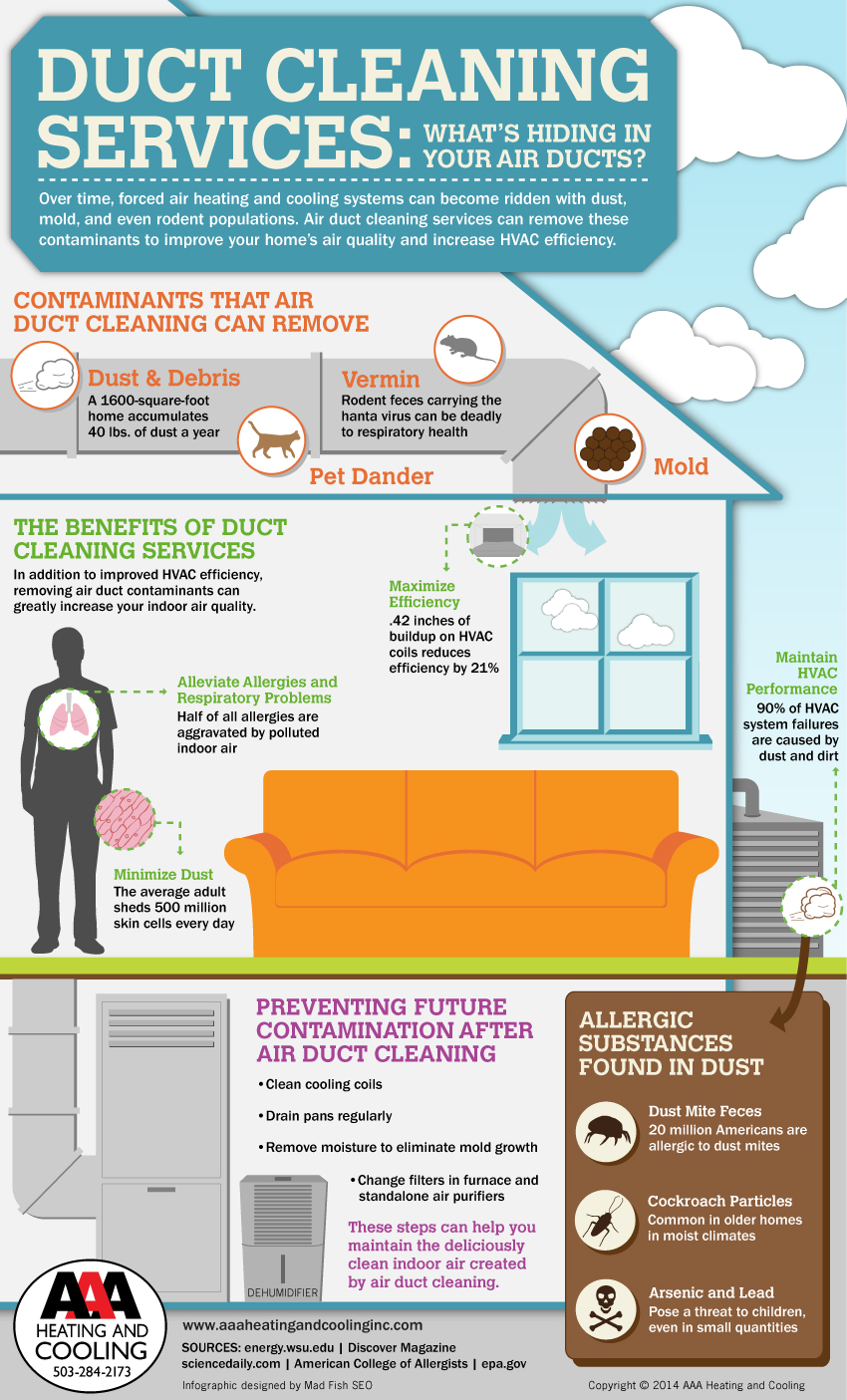Heatpump Vs Furnace - Which Is The Better Home Heating Alternative For Your Home?
Heatpump Vs Furnace - Which Is The Better Home Heating Alternative For Your Home?
Blog Article
Authored By-Bonner Aldridge
Lots of homeowners recognize with furnaces, which warm homes with oil or natural gas and press hot air via ductwork. They are reasonably affordable and can supply reputable heating even throughout a wintertime power outage.
However, they make use of nonrenewable fuel sources and produce carbon monoxide gas and various other air pollution. They also aren't as energy-efficient as a high-efficiency heat pump.
Expense
Typically, heatpump are much more affordable to operate than furnaces. They generally use electricity and refrigerant to extract heat from outside air, and after that transfer it right into your home. You can benefit from more affordable electrical power prices during off-peak hours to further decrease your heating prices.
Unlike heatpump, gas or wood-burning heaters make use of burning to generate warmth, discharging flue gases right into the atmosphere that can be dangerous to your health. These furnaces are also less energy-efficient than heat pumps, and their higher operating expense can add up over time.
Furnaces are extra difficult than heat pumps and call for normal upkeep to make sure the appropriate function of all parts. Regardless of this, they tend to last longer than heat pumps with a typical lifespan of 20 years or more. However, you'll require to consider the cost of gas, gas oil or timber and the extra devices required for installation and procedure such as air ducts and air flow systems.
Power Efficiency
Heat pumps have a greater energy efficiency score than heaters. These systems use power to feed on warmth from the air, even in freezing temperatures. They can likewise eliminate excess warmth from the home during warmer months and recycle it to cool the system. copyright professionals can help you figure out the very best version for your home based on climate and source power expenses.
Heaters burn fuel oil, propane, gas or various other kinds of nonrenewable fuel source to heat up the air in the home. This air is after that distributed via ductwork utilizing a large fan. Heating systems produce greenhouse gases and call for normal maintenance and equipment upgrades to guarantee risk-free operation.
The most significant advantage of a heater is that it can be run also in severe wintertime conditions due to the fact that it does not rely upon outside temperatures to warm the air. Heating systems additionally have a longer life expectancy than heatpump and usually last 15 years. They can likewise be coupled with dual fuel options, which choose the most effective home heating choice based on the weather condition.
Environment
Heatpump function well in modest climates and use less resource power than furnaces. Nevertheless, if your region is remarkably chilly, you might require to invest in a conventional gas heating system instead.
Heating systems provide cozy, cozy heat and generally provide fast heating to increase interior temperature levels. These systems can be utilized with a selection of gas types, including natural gas, lp, oil or electricity.
They eat a lot more power than heat pumps-- approximately 3x as much-- and call for ductwork that's expensive to set up or retrofit. They're also a lot more expensive to maintain, as they can trigger air top quality issues and create greenhouse gas emissions.
If source web page devoted to decreasing your carbon footprint, a heat pump is a good option for your home. They have less greenhouse gas emissions than heaters, specifically if you choose an ENERGY STAR ® heatpump. Your neighborhood Provider expert can explain the distinctions between these two heating unit and help you make the best choice for your one-of-a-kind requirements.
Personal Preferences
Heaters can be very energy effective when powered by gas, gas or oil, yet they aren't as energy efficient as heatpump in freezing environments. They can also be a lot more expensive to set up, requiring gas lines and ventilation systems.
However, heating systems have a tendency to need much less upkeep, which can result in lower continuous costs. They create fewer greenhouse gases and are much more dependable than heat pumps during severe weather condition.
Electric heatpump are much more functional in developing interior comfort because they can likewise function as air conditioning system during warmer months. They can be easier to keep, needing only routine air filter modifications and occasional vacuuming.
If you choose the comfort of a solitary system that does it all, take into consideration a crossbreed heating option that sets a furnace with an electric heat pump. These systems can immediately switch over in between both heating choices based on your home's demands and temperature problems, taking full advantage of performance and cost savings.